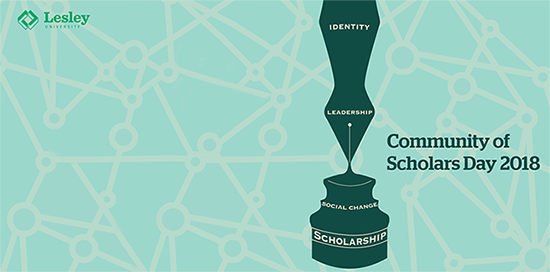Abstract
Our PreK-12 schools face increasing complexities such as accountability, diversity, closing the achievement gap, and working in an era of standards-based reform (Drago-Severson, 2009). The purpose of this inquiry was to understand teachers’ experiences with one type of learning experience, action research, and to investigate the impact of this experience on the teachers’ practice and voice. Three research questions guided this inquiry:
- What are the experiences teachers have as they utilize the action research process?
- How do teachers find that their experiences with action research impact their practice?
- What connections are there between the action research process and teacher voice?
This inquiry affirms and highlights the role action research plays in changing teacher practice, providing opportunities for teacher voice and creating systems for organizational changes to occur, which offer solutions to meet the adaptive challenges in PreK-12 schools.
A narrative inquiry stance was the overall design for the study. The Voice-Centered Relational Method (Gilligan, Spencer, Weinberg, & Bertsch, 2003), Drago-Severson’s (2009) Learning-Oriented Model of Leadership and the Analytic Memo Method (Center for Evaluation and Research, 2012) were used to support the narrative inquiry. Data consisted of two semi-structured interviews, field notes and the teachers’ final research reports. The research involved a purposeful sample of five K-12 public school teachers in Maine and Ohio.
Findings include knowledge generation, teacher voice and an awareness of contextual factors and school structures. The implications of these findings offer a response to the adaptive challenges our schools face and highlight the need for schools to become learning organizations.
Start Date
28-3-2018 5:40 PM
End Date
28-3-2018 6:30 PM
Presentation Type
Paper
Disciplines
Other Education
Full Text of Presentation
wf_yes
Included in
Action Research and Teacher Voice: A Pathway for Transforming our Schools Into Learning Organizations
U-Hall 3-100
Our PreK-12 schools face increasing complexities such as accountability, diversity, closing the achievement gap, and working in an era of standards-based reform (Drago-Severson, 2009). The purpose of this inquiry was to understand teachers’ experiences with one type of learning experience, action research, and to investigate the impact of this experience on the teachers’ practice and voice. Three research questions guided this inquiry:
- What are the experiences teachers have as they utilize the action research process?
- How do teachers find that their experiences with action research impact their practice?
- What connections are there between the action research process and teacher voice?
This inquiry affirms and highlights the role action research plays in changing teacher practice, providing opportunities for teacher voice and creating systems for organizational changes to occur, which offer solutions to meet the adaptive challenges in PreK-12 schools.
A narrative inquiry stance was the overall design for the study. The Voice-Centered Relational Method (Gilligan, Spencer, Weinberg, & Bertsch, 2003), Drago-Severson’s (2009) Learning-Oriented Model of Leadership and the Analytic Memo Method (Center for Evaluation and Research, 2012) were used to support the narrative inquiry. Data consisted of two semi-structured interviews, field notes and the teachers’ final research reports. The research involved a purposeful sample of five K-12 public school teachers in Maine and Ohio.
Findings include knowledge generation, teacher voice and an awareness of contextual factors and school structures. The implications of these findings offer a response to the adaptive challenges our schools face and highlight the need for schools to become learning organizations.



